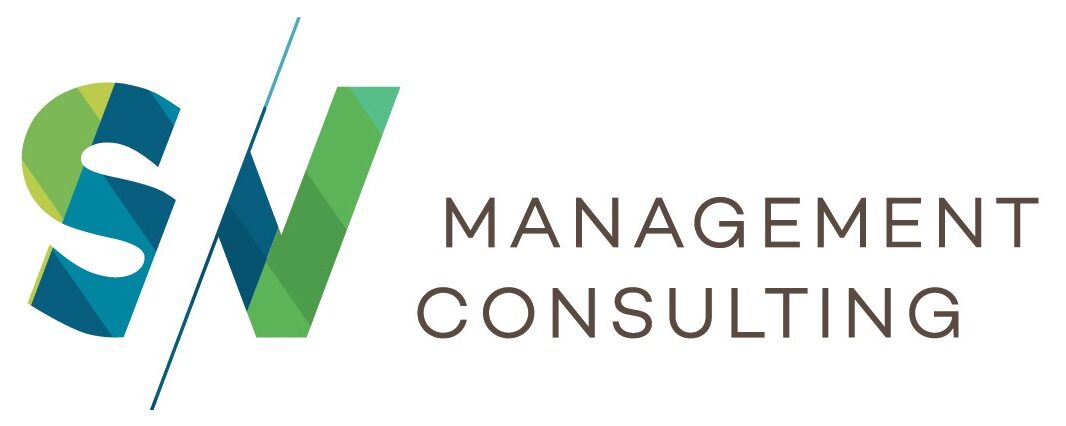
Self-development requires a long-term commitment to effecting change. The most significant measure of any coaching engagement, whether for an individual or a company, is the ability to bring about meaningful transformation. It is easy to keep our feet firmly on the ground and take the safe way rather than looking within to make effective changes.
Throughout my career, many employees have sought guidance for enhancing their skill sets and acquiring leadership capabilities. A common desire was to gain experience and knowledge in managing people. My primary advice to them was to take an earnest look at themselves and seek feedback from both their leaders and their teams, with clear objectives on how progress would be measured. Sometimes, it involved:
- Building self-confidence
- Developing new skills
- Improving communication
- Planning concise meetings with proper frameworks
- Showcasing team successes
Other times, it required modifying behaviors that impact career growth or influencing how colleagues view them.
Embracing a growth mindset, forming new habits, and sustaining long-term focus requires that people take charge of their actions while recognizing their human limitations.
Like many of you, I have read countless books on leadership, organizational development, sales strategies, and cultivating a positive mindset. We often extract valuable insights and experience ‘aha’ moments, recognizing areas for improvement or generating great ideas for implementation. While some individuals are passionate about self-development and excel at prioritizing and managing change, the reality is that most people are preoccupied with family, work, and other commitments. As humans, we favor being busy over dedicating time for introspection.
Few employees take the time to understand leadership’s viewpoint or realize their own influence on organizational culture. A Forbes article exploring perspective-limiting assumptions argues, “You, like everyone else, hold assumptions about organizations and leadership. These often-hidden beliefs form frameworks that guide what you consider and how you act. Thus, they become the boundaries for what you can accomplish.” Recognizing and challenging these boundaries is the first step; however, actual change requires commitment, a profound desire for transformation, and the ability to receive feedback without judgment.
Great coaches assist in discovering new ways of thinking, providing accountability for sustainable change, and exploring one’s strengths. They help individuals understand how they are leveraging their strengths and identify areas where they might be more focused on actions rather than self-awareness, both in their personal and professional lives. Even a small change can have an enormous impact.
Effecting change begins with embracing a growth mindset. Schedule a 30-minute call with me.


